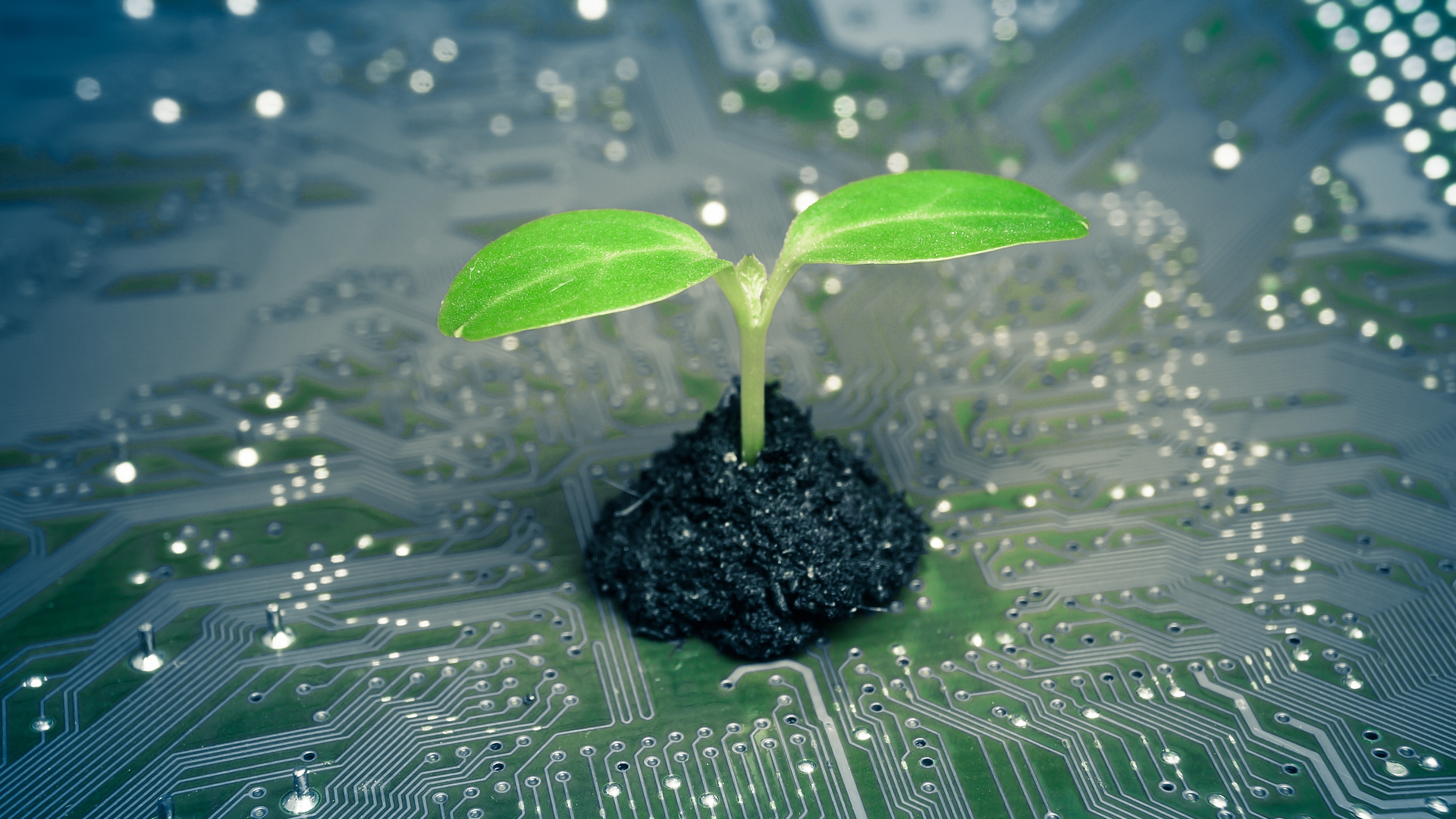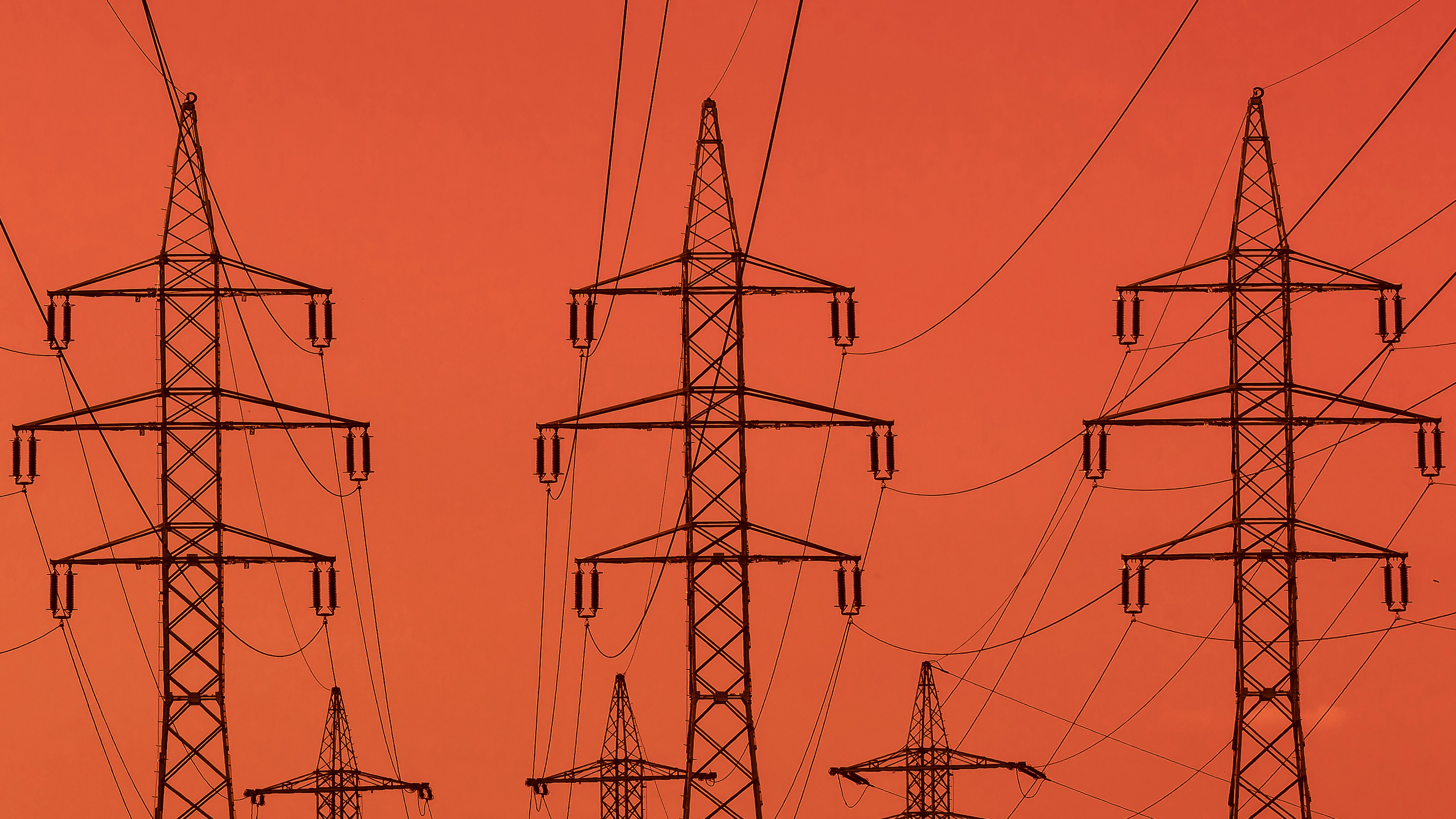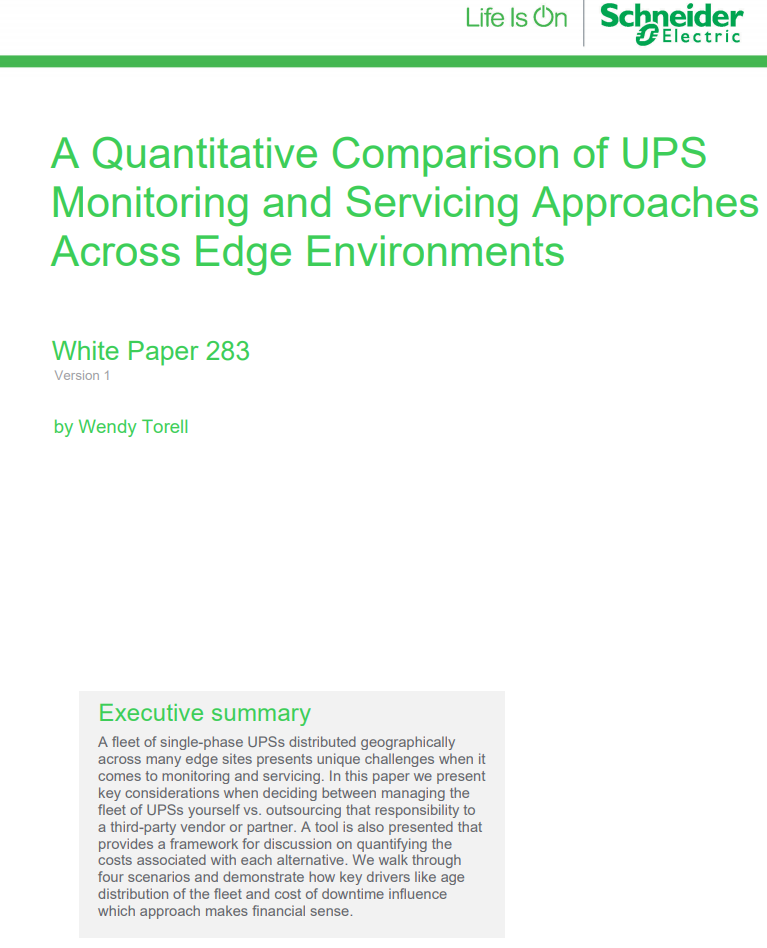What's next for sustainable computing?
This week has shown just some of the possibilities for ecologically sound technology


It’s been quite the week for green IT. On Monday, Google announced it’s aiming to go carbon free by 2030 (something 1,000 of its employees demanded back in November last year), while Facebook upped the ante by declaring it will be powered by 100% renewable energy by the end of the year.
Then on Tuesday an experimental Microsoft data centre was raised from the depths of the sea off Orkney.
Finally, on Wednesday Apple announced at its September special event that its Taptic Engine, which generates the iPhone’s haptic feedback, will be made using only recycled rare earth minerals. It will no longer ship charging cables with its Apple Watch units either, ostensibly in the name of reducing e-waste.
It’s an inconvenient fact that our dependence on technology has a negative impact on the environment in multiple ways. While rare earth metals aren’t actually as rare as the name would suggest – in fact, they’re some of the most abundant elements in the earth’s crust – destructive mining is required to extract them from the ground for use in our devices.
Data centres, meanwhile, require an extraordinary amount of energy to run. Currently, they account for about 1% of the world’s energy consumption, with the majority of that coming from cloud and hyperscale computing. With the increasing use of cloud in particular following the shift to increased remote working in the wake of the COVID-19 pandemic, this will undoubtedly grow. The good news, though, is that data centres have got more efficient over time, with energy usage as a percentage of the global total having largely plateaued since 2015.
It’s encouraging, then, to see some of the biggest tech companies out there taking concrete steps towards reducing their impact on the environment. While it’s important for us as individuals to respect the “reduce, reuse, recycle” mantra for consumption, it’s big businesses and nation states that can make the biggest impact to reduce climate change and mitigate their impact on the environment.
That’s not to say it’s all rosey: Cloud and hyperscale data centres are often sprawling facilities, so there will be a significant ecological impact each time one is built. And, as Facebook has acknowledged, wastewater management is something that needs to be dealt with, for example with closed loop systems. For end users, either as consumers or businesses, electronics recycling needs to become simpler if we want to encourage more people to get rid of old and broken electronics responsibly. For manufacturers, we need to move to a point where using recycled components and elements is more cost effective than mining and manufacturing new ones.
Get the ITPro daily newsletter
Sign up today and you will receive a free copy of our Future Focus 2025 report - the leading guidance on AI, cybersecurity and other IT challenges as per 700+ senior executives
But any step in the right direction is to be commended and this week has shown there’s a lot of possibilities for ecologically sustainable and responsible business in the tech industry.

Jane McCallion is Managing Editor of ITPro and ChannelPro, specializing in data centers, enterprise IT infrastructure, and cybersecurity. Before becoming Managing Editor, she held the role of Deputy Editor and, prior to that, Features Editor, managing a pool of freelance and internal writers, while continuing to specialize in enterprise IT infrastructure, and business strategy.
Prior to joining ITPro, Jane was a freelance business journalist writing as both Jane McCallion and Jane Bordenave for titles such as European CEO, World Finance, and Business Excellence Magazine.
-
 Bigger salaries, more burnout: Is the CISO role in crisis?
Bigger salaries, more burnout: Is the CISO role in crisis?In-depth CISOs are more stressed than ever before – but why is this and what can be done?
By Kate O'Flaherty Published
-
 Cheap cyber crime kits can be bought on the dark web for less than $25
Cheap cyber crime kits can be bought on the dark web for less than $25News Research from NordVPN shows phishing kits are now widely available on the dark web and via messaging apps like Telegram, and are often selling for less than $25.
By Emma Woollacott Published
-
 How to empower employees to accelerate emissions reduction
How to empower employees to accelerate emissions reductionin depth With ICT accounting for as much as 3% of global carbon emissions, the same as aviation, the industry needs to increase emissions reduction
By Fleur Doidge Published
-
 Tech industry takes vast lead in green energy spending, biggest companies vie for top spot
Tech industry takes vast lead in green energy spending, biggest companies vie for top spotNews Big tech has doubled down on clean power contracts as the sector seeks to dodge energy costs and meet climate goals
By Rory Bathgate Published
-
 Businesses bet on sustainability to tackle disruption, says Gartner
Businesses bet on sustainability to tackle disruption, says GartnerNews Business leaders overwhelmingly link sustainability investment to short and long-term improvements, and investment will increase year-on-year
By Rory Bathgate Published
-
 Planning ahead for business blackouts this winter
Planning ahead for business blackouts this winterIn-depth With prospective power outages on the horizon, we examine how organisations can plan ahead to guarantee employee safety and business continuity
By Jonathan Weinberg Published
-
 How to slash your business' energy bill
How to slash your business' energy billIn-depth As organisations continue to struggle with surging bills, we explain how to reduce your energy bills and keep consumption under control
By Steve Cassidy Published
-
 Kosovo bans cryptocurrency mining to avoid nation-wide energy blackouts
Kosovo bans cryptocurrency mining to avoid nation-wide energy blackoutsNews The government hopes to clamp down on large cryptocurrency farms operating in the north of the country
By Sabina Weston Published
-
 AWS and IBM join forces to reduce data barriers in the energy industry
AWS and IBM join forces to reduce data barriers in the energy industryNews The companies are hoping to overcome obstacles like data residency requirements in countries where oil firms are based
By Zach Marzouk Published
-
 A quantitative comparison of UPS monitoring and servicing approaches across edge environments
A quantitative comparison of UPS monitoring and servicing approaches across edge environmentsWhitepaper Effective UPS fleet management
By ITPro Published